Bollywood star John Abraham is betting big on geopolitical storytelling again. Following politically charged thrillers like “Madras Cafe” and “The Diplomat,” the actor-producer’s latest project, “Tehran,” plunges viewers into the shadowy world of international espionage with a taut thriller inspired by real events that hit close to home.
Directed by Arun Gopalan and produced by Maddock Films, “Tehran” fictionalizes the 2012 bomb explosion near the Israeli Embassy in Delhi, weaving a complex narrative that spans Israel, Iran and India. Abraham reprises his character from “Batla House” — based on real-life Delhi police officer Sanjeev Kumar Yadav, here renamed ACP Rajiv Kumar — as he’s pulled into a covert operation that tests loyalties across continents.
But this isn’t just another action thriller for Abraham. The project carries deep personal significance.
“The usual, predictable thing would have been to blame our neighbor. But when we did the forensics, we found out that there were people in Iran that actually were involved in this process,” Abraham explains. “My mother’s father came from Iran in 1939 and landed on the shores of Bombay [now Mumbai]. There was an Iranian connection with me that suddenly drew me very, very close to the subject.”
This Iranian connection proved pivotal for Abraham, who felt a responsibility to portray the region authentically. “I was very sensitive about the way we treated Iran and Israel in this film, because my roots being from Iran, I wanted to show Iran in the best possible light because it is a very misrepresented country,” he says. “Then obviously you have Israel, and I’ve got such close friends from Israel. For me, being an Indian and getting these two countries together was a beautiful confluence of geopolitics.”
The authenticity extended to Abraham’s performance, which required mastering both Farsi and Hebrew dialogue. His childhood provided an unexpected foundation.
“When I was growing up, when my mother wanted to tell me something in some code word where she didn’t want other people to understand, she always spoke to me in Farsi,” Abraham recalls. “There were words that came naturally to me. But did that mean that it was easy? No. I studied the language for close to six months.”
His teacher was “a gentleman called Mohammed, fantastic guy” and on set, Hadi Khanjanpour — the Iranian actor playing the country’s operative Afshir Husseini — continued the coaching. “Him being an Iranian, I said I wanted my dialect to be perfect,” Abraham says. “So he was a great help to me.”
For Hebrew pronunciation, Abraham turned to an unlikely source: former Chelsea Football Club coach Avram Grant. “Avram Grant is Jewish and he’s Israeli. So when I had my Israeli lines, I would call up Avram and say, ‘Am I pronouncing it right? Am I pronouncing it wrong?’ And he’d say, ‘Yeah, that’s good. That’s the way to pronounce it.’”
Abraham’s preparation went far beyond language coaching. The actor, who describes himself as someone who has “always been interested in the geopolitics of the world,” drew on decades of personal research.
“If you see my films, from ‘Madras Cafe’ to ‘Parmanu’ to ‘Batla House’ to ‘The Diplomat,’ everything has a very researched geopolitical insight into and a responsible political insight into what I want to present to my audience,” he explains. “I’m a person who gets deep into understanding, for example, why the conflict started, what the Nakba [Palestinian displacement] was about. So going into understanding where the Hamas, the Houthi, the Hezbollahs came from, understanding the whole geopolitics of the situation was very important to do a film like this.”
He also consulted with the real-life officer his character is based on. “The character that I’m playing, Sanjeev Kumar Yadav, who we’ve called Rajiv Kumar in the film, is a real-life person who works in the administration today, in the Delhi police. So I turned to him for a lot of my research… in terms of his body language, in terms of what we could credibly show, what he went through in terms of intelligence.”
Co-starring Manushi Chhillar, Neeru Bajwa and Madhurima Tuli, “Tehran” marks another entry in Abraham’s portfolio of politically charged thrillers. However, the current Middle East tensions initially worked against the project.
“[I thought] the Iran-Israel war, or the war that’s happening in the Middle East, would have benefited our film — not in a manipulative way, but would have given us more eyeballs,” Abraham says. “Unfortunately for us, what I thought was an advantage became our Achilles heel, where we were told internationally and in India that no way are we going to get bums on seats for this. So don’t even think of releasing this theatrically.”
Streamer ZEE5 Global ultimately provided the platform Abraham needed. “It was a double or quit scenario,” he says. “Either show the film theatrically or just dump it. And ZEE5 Global gave me the opportunity to really exhibit this film on their platform, and it’s been fantastic. You realize the reach when you get the response.”
Abraham’s trajectory shifted dramatically when he transitioned from actor to producer, a move that allowed him to pursue more substantial material after establishing himself with early hits. The actor, who first gained attention with the erotic thriller “Jism” in 2003, became a household name with the blockbuster “Dhoom” in 2004, where he played the stylish antagonist opposite Abhishek Bachchan.
He’s candid about his early career calculations. “Initially, being a marketing person myself, I knew it was a lot about my physicality, and I did what I had to do to sell myself. But the minute I got the opportunity to become a producer, I started speaking the language I really want to speak.”
The shift toward more meaningful content can be traced to a single film that changed his perspective. “The film that got me into this career was ‘Schindler’s List,’” he reveals. “You can imagine a film like that kind of intrigues you, gives you sleepless nights, so you start thinking in that direction.”
That influence helps explain why Abraham embraces commercial uncertainty in service of artistic vision, like he did with “Tehran”. “I knew that this was going to be a risk, but you know, the higher the risk, the higher the reward,” he says. “So for me, at the end of the day, it is more about the legacy and the kind of films that I want to do, rather than commercial, box office success or failure.”
Reflecting on his career, Abraham offers a surprising perspective: “My failures have defined me more than my successes. Films like ‘Kabul Express,’ films like ‘No Smoking,’ films like even ‘Madras Cafe,’ where my studio probably didn’t understand what I was up to and didn’t have faith… Films like ‘The Diplomat’ where the studio had absolutely no faith in my film. They said, ‘This is the worst film we’ve seen.’”
He recalls one particularly brutal reaction to “Parmanu”: “When the first narration of ‘Parmanu’ happened, one of my friends, rather a co-producer, whose name I put on the poster… I asked him, ‘How was the narration?’ And he told me, ‘I’ve never heard a worse script in my life,’ and I smiled. So for me, I think my failures, or people who doubted the kind of content I’m trying to create, have actually defined my career.”
Abraham’s next projects include a potential “Force 3” (“I want to make it smart. I want to make it very commercial, but very credible”) and a motorcycle racing film centered on the Isle of Man TT race.
“Do I want to do a film on motorcycle racing? Yes. Do I want to do a hardcore action film? Yes. Do I want to do a comedy? Yes,” he says. “But I want to do a ‘No Smoking’ in my life again. I want to do different kinds of films. I don’t want to be restricted to a particular genre, and I don’t want to become a prisoner of my own image.”
His ultimate goal remains consistent. “I want to marry content with commerce. I want both of them to come together,” Abraham explains. “I’ve reached a stage in my career where it’s about legacy, my filmography. I wouldn’t just say content driven films, but I want to make commercial films that have content. Can I succeed? I do not know, but I’ll keep trying.”
“Tehran” is now streaming on ZEE5.

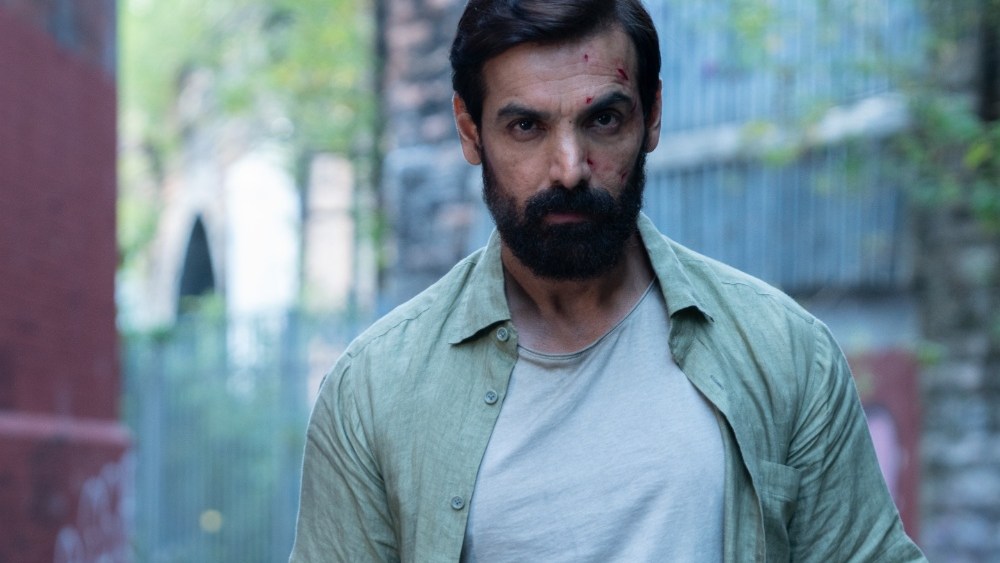
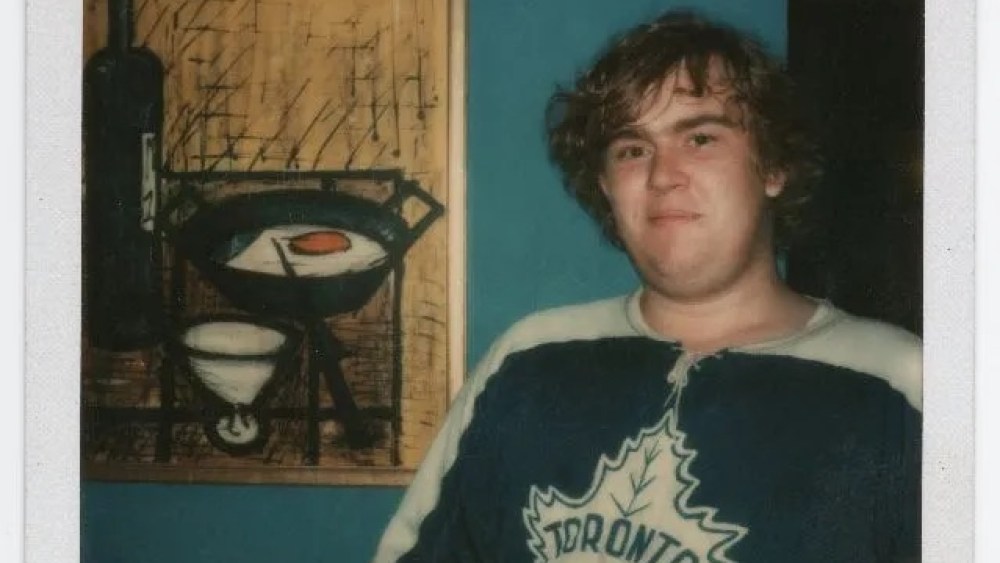

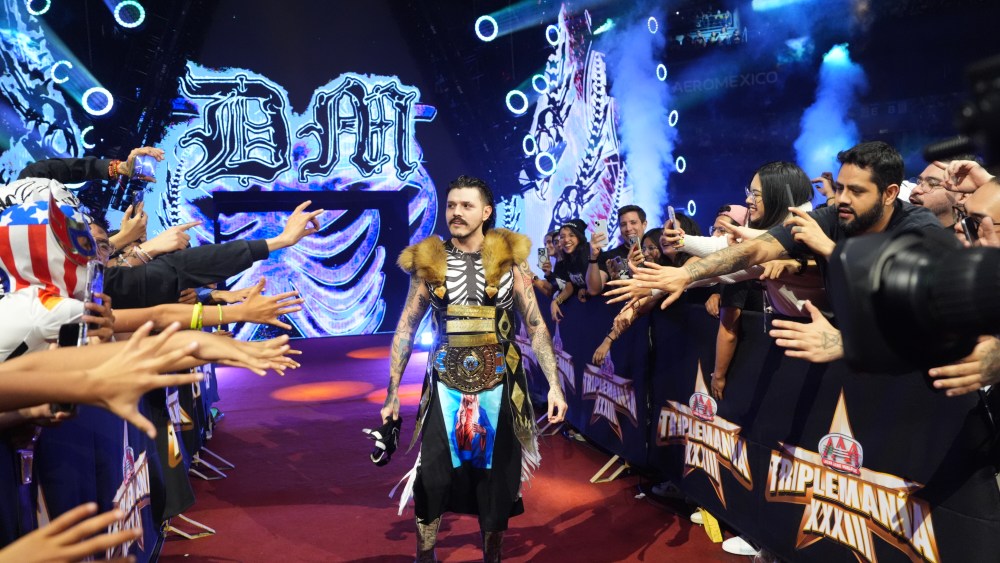
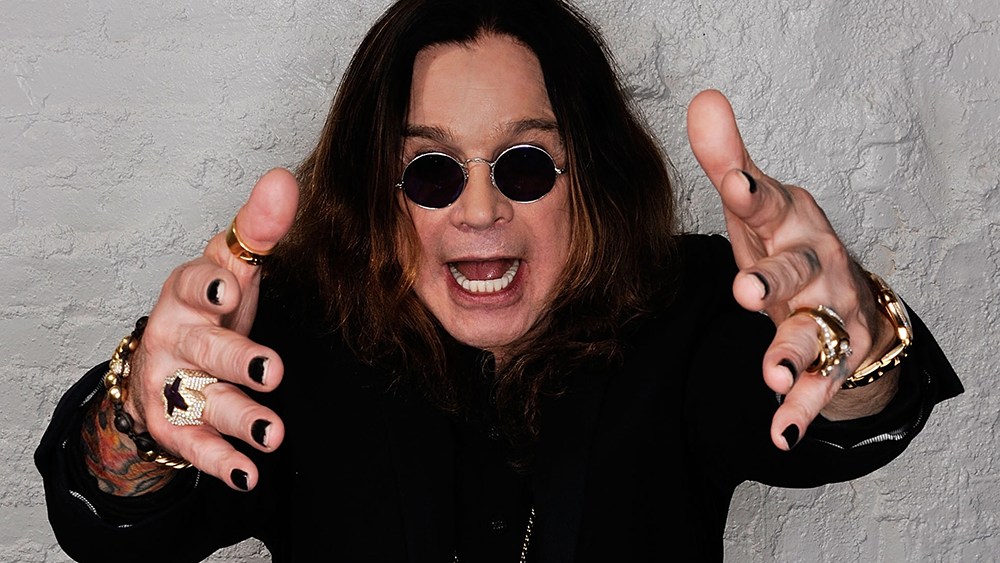
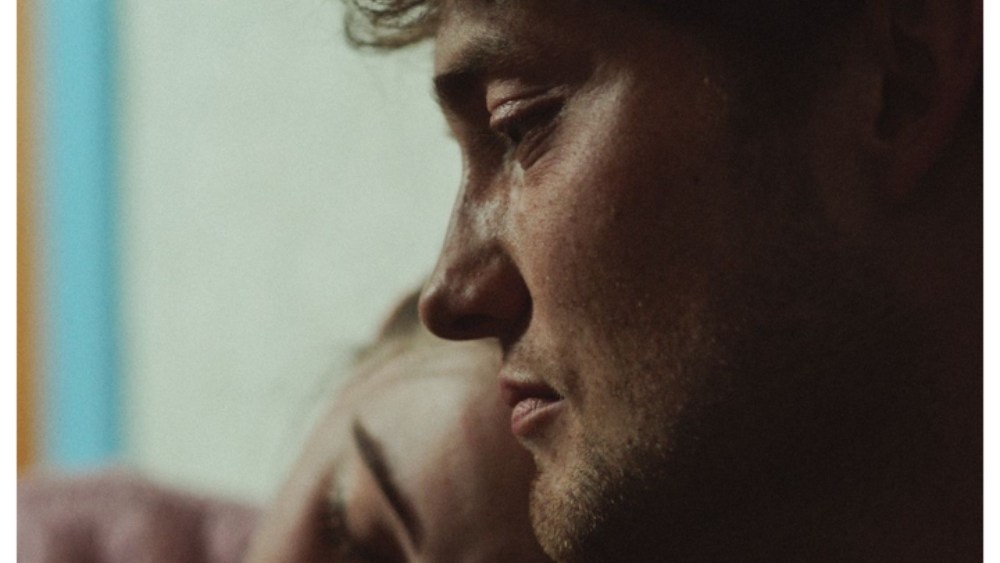



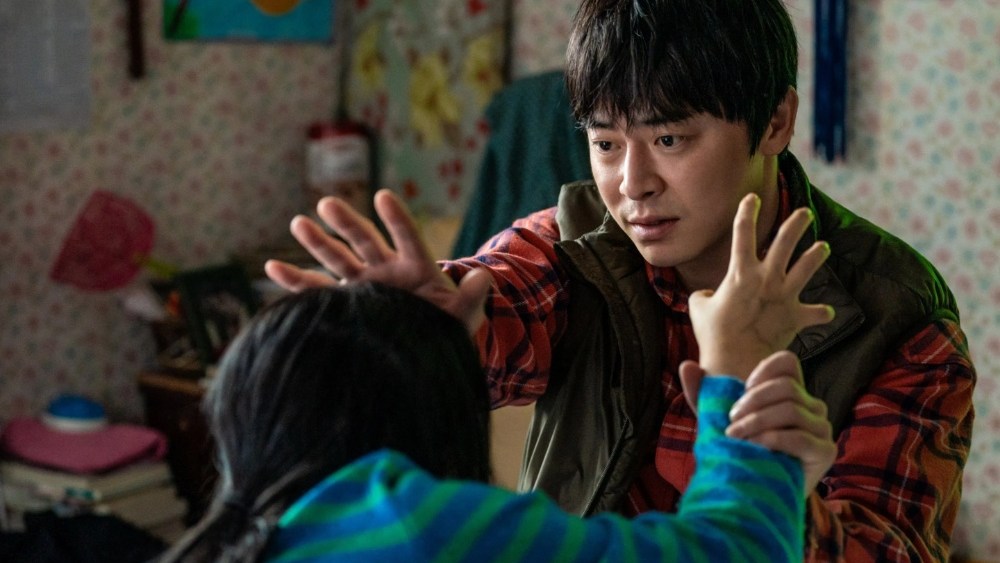



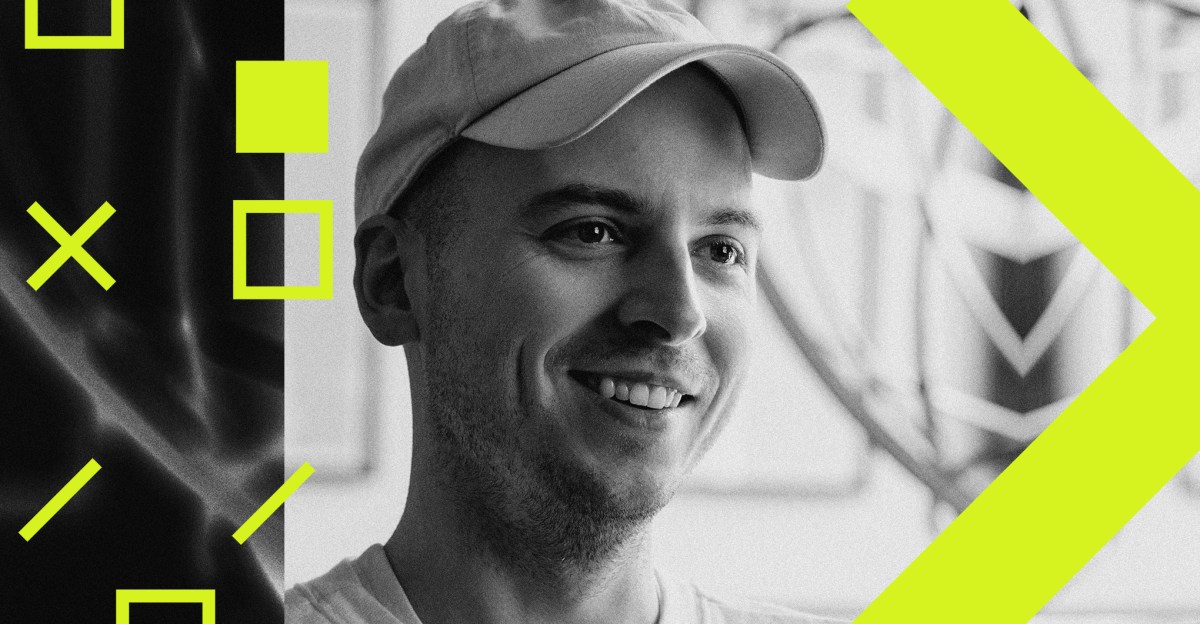
Leave a Reply